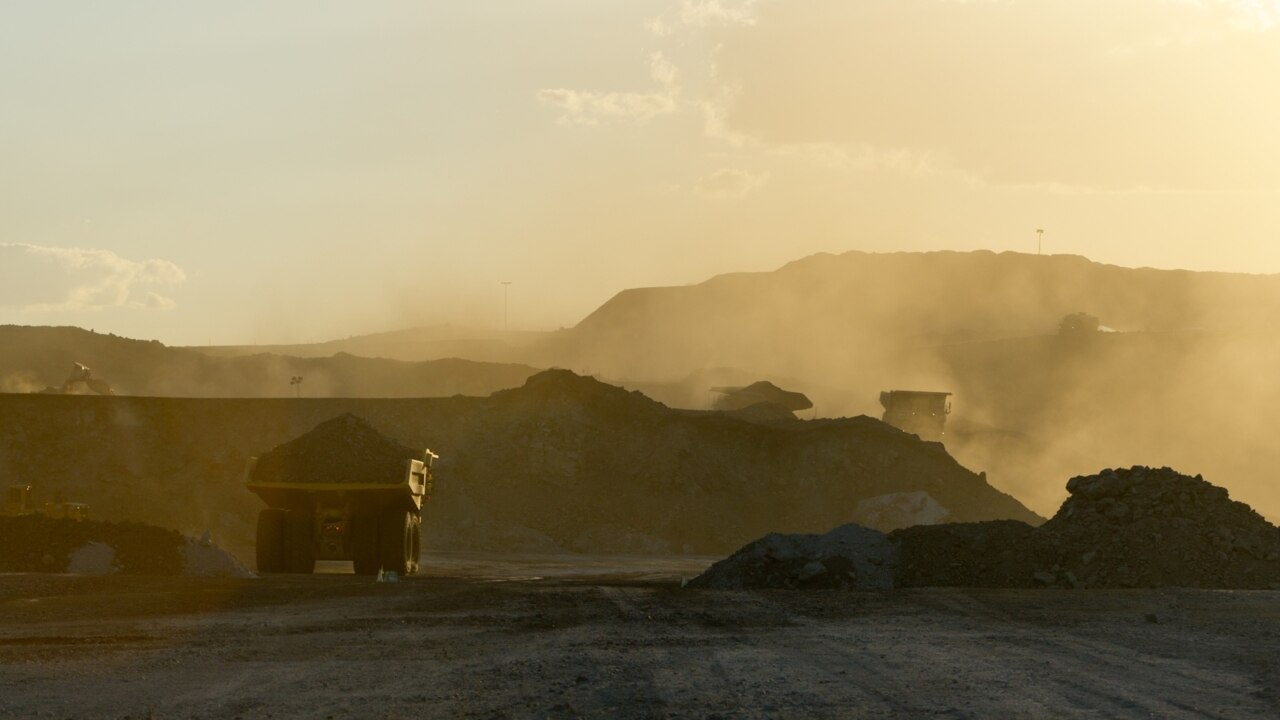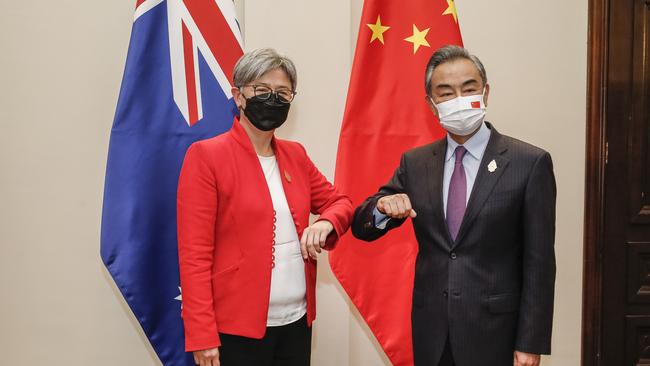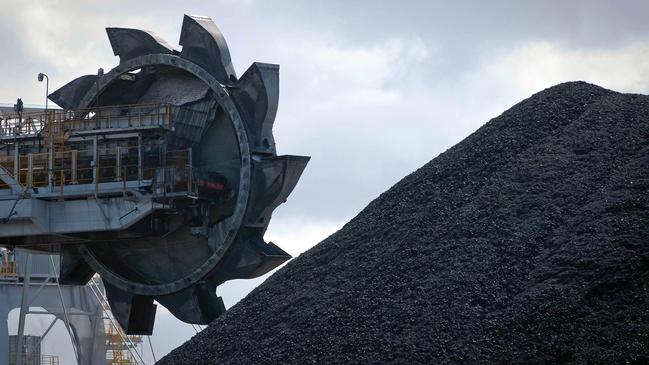China’s coal industry to meet as speculation mounts it will lift Australian import ban
China’s coal industry has been summoned for a meeting in Beijing as speculation spreads that Xi Jinping’s regime will soon end its black-listing of Australian coal.

China’s coal industry has been summoned for a meeting in Beijing as speculation grows that the government will soon end its black-listing of Australian coal that has dragged on an already underperforming economy.
Two peak industry groups – the China Coal Industry Association and China Coal Transportation and Marketing Association – announced their members would meet next Friday, as expectations rise that Beijing is preparing to end the two-year old, unofficial ban on Australian thermal and coking coal.
A government spokesman declined to comment when questioned.

“China-Australia relations are presented with opportunities for improvement,” China’s foreign ministry spokesman, Wang Wenbin, said on Thursday evening.
“We hope Australia will seize the opportunities, take concrete actions, shape up a right perception of China, work with China in the same direction to reduce liabilities and build positive dynamics for improving bilateral relations, and create enabling conditions for the sound and steady development of economic and trade ties.”
Chinese traders believe Beijing is keen to take advantage of the mild improvement in the tone of the relationship, following Foreign Minister Wang Yi’s meeting with Penny Wong in Bali.
The ban has always been unpopular with many in the Chinese steel and energy industries, but was used as the major strike in Beijing’s more than $20bn-a-year trade campaign against Australia.
China’s coal industry – a big employer with strong political leverage – has benefited from the ban, which has allowed further mining of lower quality coal.
Speculation about the end of the politically motivated ban came as China on Friday reported its weakest economic performance since the start of the Covid-19 pandemic.

Gross domestic product expanded by only 0.4 per cent in the past quarter compared with a year earlier, according to China’s official data. That was even worse than economists had forecast.
In further bad news for the world’s second biggest economy, China on Thursday reported its highest daily Covid-19 case load since May, as a new cluster spread in Guangxi, in China’s south.
President Xi Jinping’s signature Covid-19 minimisation strategy has required rolling lockdowns that have sapped consumer confidence. That has put significant pressure on Chinese policy makers, who are trying to improve the performance of the economy before the Communist Party gives Mr Xi a third, five-year term at a meeting expected to be held in November.

While local coal companies this week said they had no confirmation of any thawing in Beijing’s approach to Australian exports, the rumour was enough to send share prices up sharply on Thursday — despite the fact that all Australian producers long ago found alternative buyers outside of Chinese markets and have been raking in cash from soaring prices over the past year.
Thermal coal futures softened slightly on the news, with thermal coal down $US3.50 a tonne to $US415, but coking coal rose $US1.30 a tonne to $US250.50.
ASX-listed coal producers all gave up ground on Thursday as bearish sentiment on China’s outlook weighed on resources stocks.




To join the conversation, please log in. Don't have an account? Register
Join the conversation, you are commenting as Logout